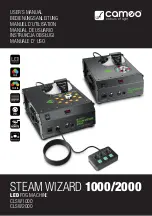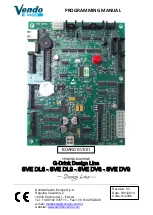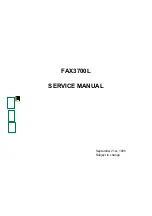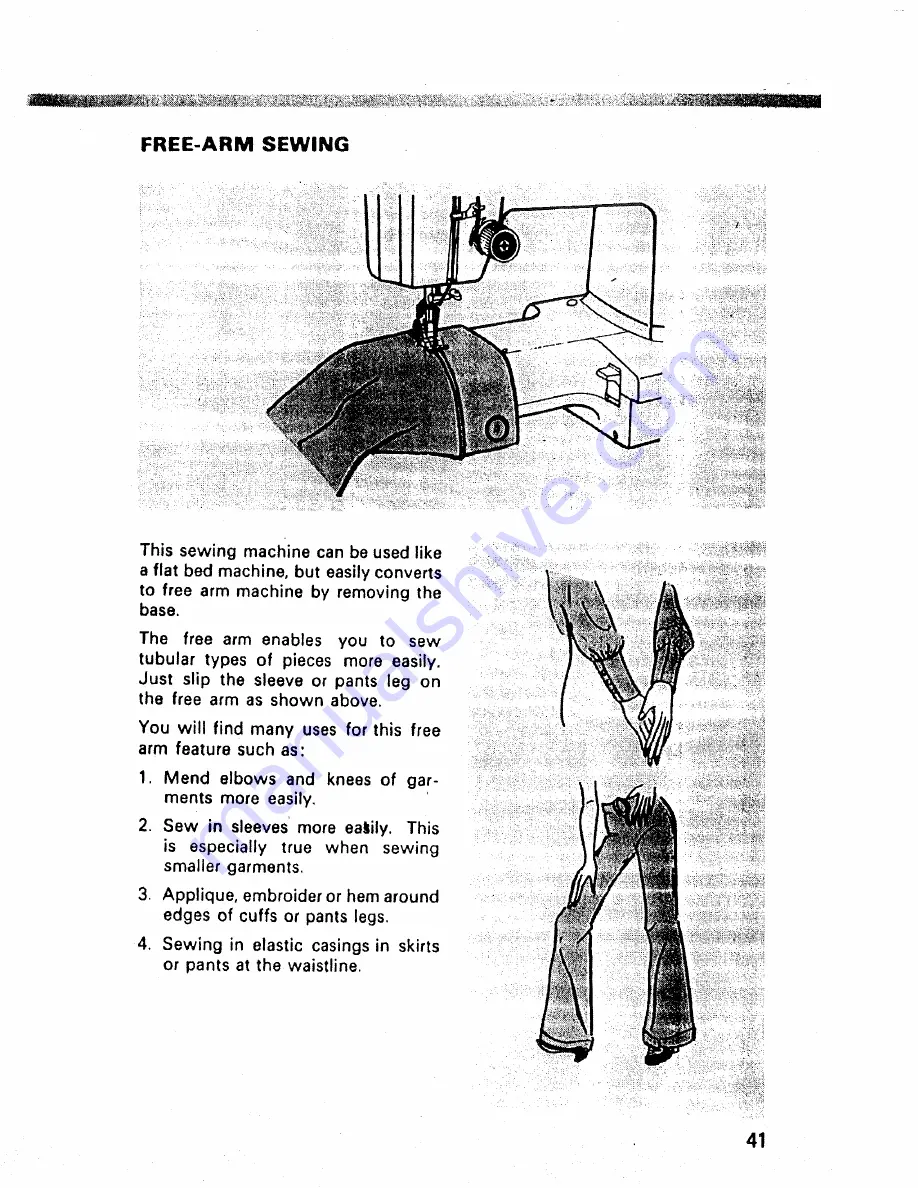Reviews:
No comments
Related manuals for 1357

5002
Brand: Gamma Pages: 18

Z01
Brand: Hagan Pages: 6

HD3000
Brand: Janome Pages: 28

Destiny BLDY
Brand: Baby Lock Pages: 67

STEAM WIZARD 1000
Brand: Cameo Pages: 30

MO-6800DD10 Series
Brand: JUKI Pages: 47

511 -
Brand: DURKOPP ADLER Pages: 46

SVE DL6
Brand: Vendo Pages: 48

BLMY
Brand: Baby Lock Pages: 226

9143
Brand: Singer Pages: 51

340336 1910
Brand: Carina Pages: 30

133W102
Brand: Singer Pages: 14

RS04-OC
Brand: XIMEA Pages: 19

FAX3700l
Brand: Ricoh Pages: 256

OF4580
Brand: Oki Pages: 91

Magma 410
Brand: CIMLINE Pages: 52

MAGMA 110
Brand: CIMLINE Pages: 78

AMS-224EN6060/IP-420
Brand: JUKI Pages: 23

























